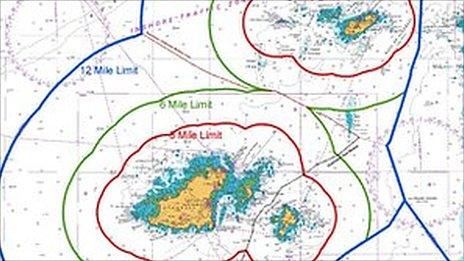Guernsey's lack of fishing quotas 'nonsensical'
- Published
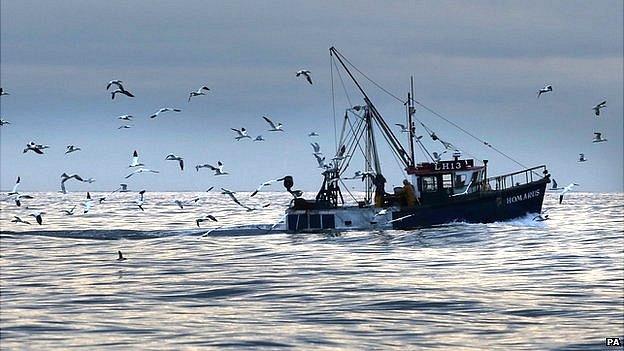
Barrie Deas said quotas filling up early could force UK fishermen to stop landing ray and skate
The lack of quotas on fish landed in Guernsey is "nonsensical" and "grossly unfair" to the UK industry, according to a national group.
It follows a ban on Bailiwick of Guernsey fishermen using EU waters.
Barrie Deas, chief executive of the National Federation of Fishermen's Organisations, said not imposing limits could have "serious consequences".
He said the Guernsey catch is included in the UK quota so it reduces the amount other fishermen can land.
Last week the Department for Environment, Food and Rural Affairs (Defra) suspended the Fisheries Management Agreement, external (FMA).
Defra said the Guernsey take of rays - 153 tonnes in 2014 - made up about 75% of the English non-sector quota and the unregulated amounts risked the UK exceeding its quota, leading to penalties from the EU Commission.
A spokesman said: "Guernsey has regrettably refused to introduce a ceiling on their skates and ray catch which is not sustainable, nor is it a fair use of quota.
"It is important we protect the long-term future of our fisheries and quotas play a crucial role in ensuring the sustainability of our stock."
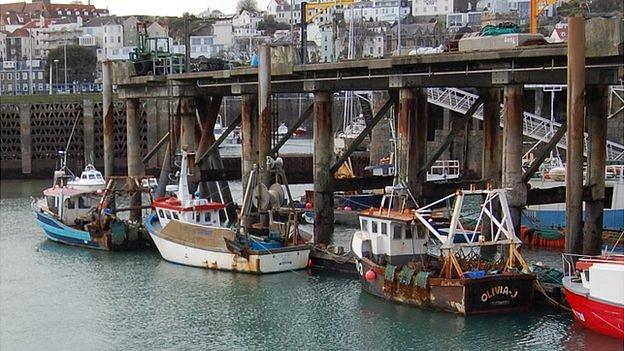
There are about 160 boats in the Bailiwick of Guernsey fleet
Guernsey's Commerce and Employment Minister, Kevin Stewart, said: "Our fishing industry is an small inshore artisan fleet, not a mass industrial-scale fleet of factory ships.
"It is exactly the kind of industry that promotes sustainability and one conservationists would want to thrive.
"Fishing is an important part of our identity, as well as our economy, and we will do all we can to protect it."
Mr Deas said while the amount the Guernsey fishermen landed was "not huge tonnages in the scale of things", it added up.
He said the monthly quotas had been exceeded and the quota for the year could be exhausted in just a few months, with 68% of the annual allocation of 80.7 tonnes taken by 29 July.
Mr Deas said if additional quotas were not made available it would leave UK fishermen who work in the English Channel and Bristol Channel with the choice of either tying up or trying to fish for something else.
- Published31 July 2015
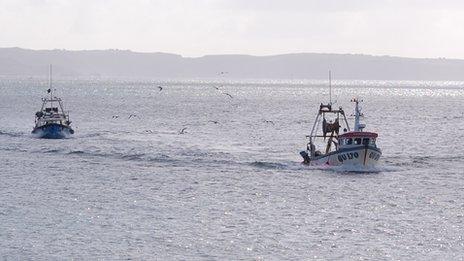
- Published30 July 2015
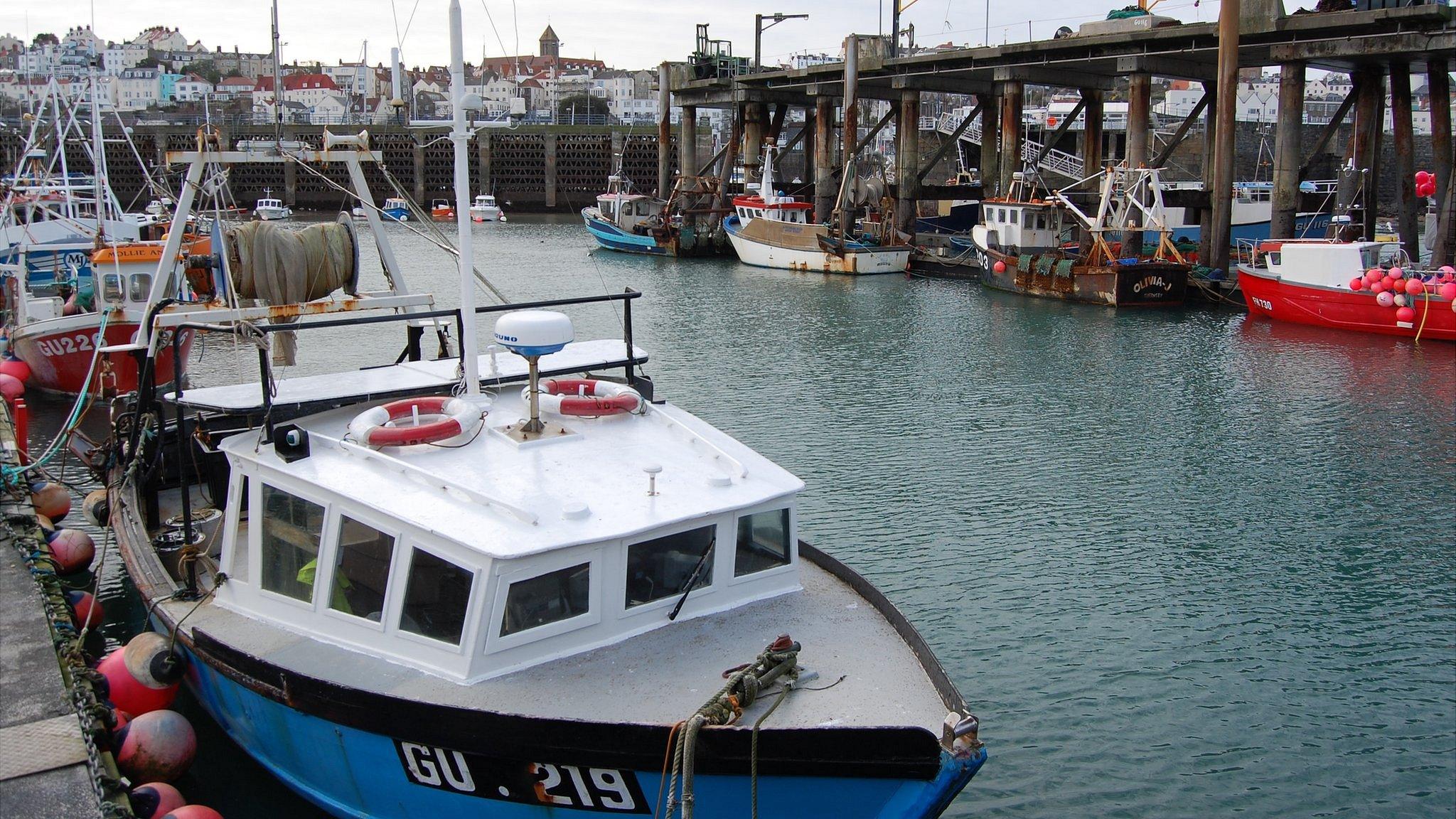
- Published14 April 2015
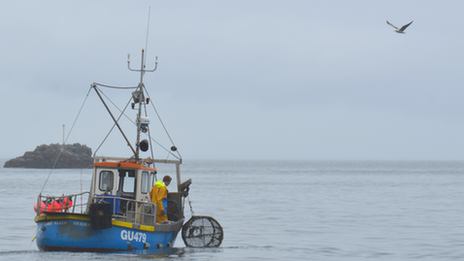
- Published17 December 2014
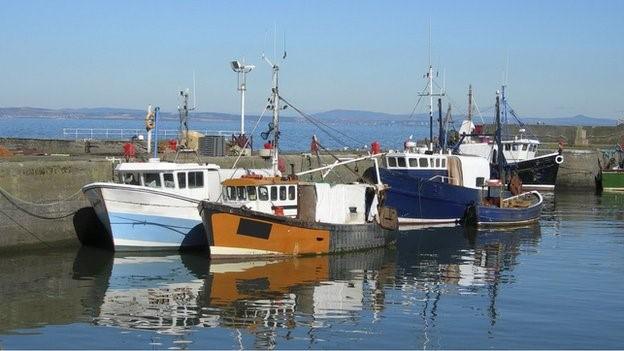
- Published13 August 2014

- Published22 March 2013
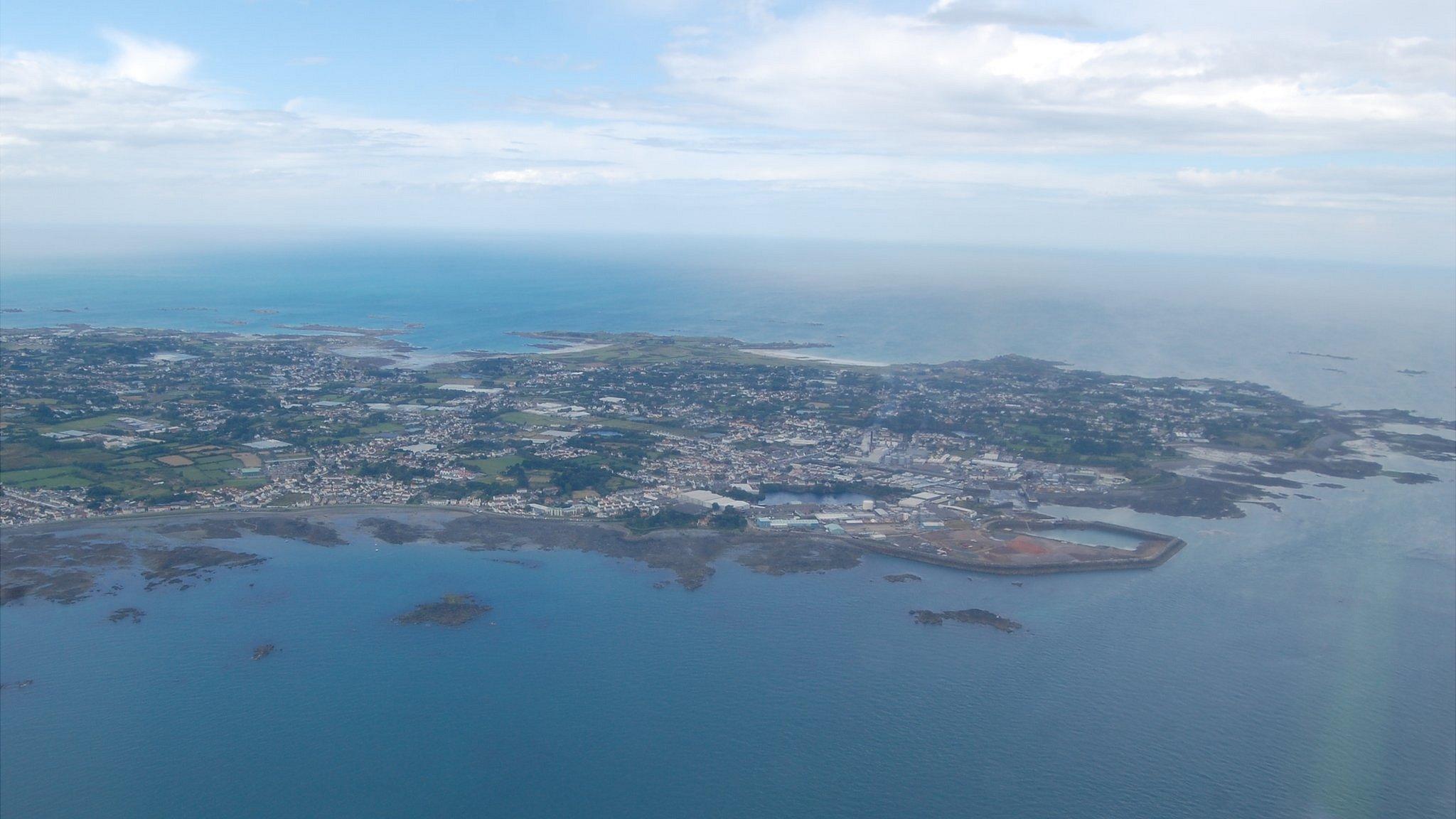
- Published24 October 2011
